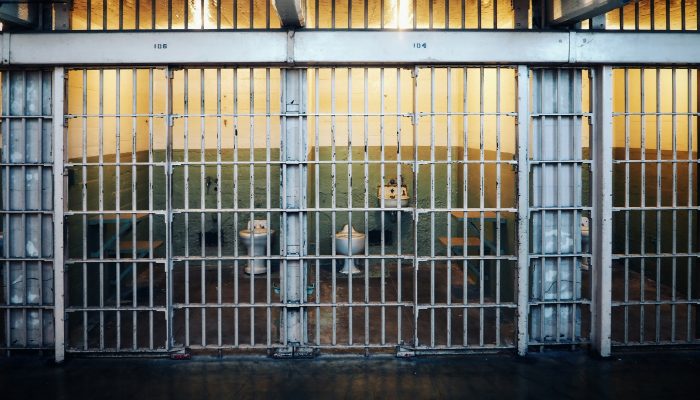Criminal justice advocates are frustrated that a law that allows incarcerated people to shorten their sentences in Minnesota is still in its pilot stages two years after it was passed.
The Minnesota Rehabilitation and Reinvestment Act (MRRA) was passed by the Minnesota Legislature in 2023, and went into effect Aug. 1 of that year. The act allows incarcerated people to shorten their sentence by up to 17% for good behavior and if they work to rehabilitate themselves by participating in programming and treatment.
Advocates say they wanted to see more progress by now. Some are frustrated that no one has been released early yet, and are also concerned about who is eligible to participate in the law’s pilot program.
“It’s so full of red tape that it’s actually creating more trauma,” said Kevin Reese, who leads the nonprofit, Until We Are All Free, which supports formerly incarcerated people.
Justin Terrell, executive director of the Minnesota Justice Research Center, said the law is a “baby step” toward reimagining the prison system, which has long prioritized punishment.
”We have to really move away from this punishment dynamic in our system, and really start looking at: How are we holding people accountable and creating a safe community?” he said.
Minnesota Department of Corrections Commissioner Paul Schnell said the department anticipated that it would take about 18-24 months to implement the law. A pilot program began this year with about 20 people incarcerated at the Moose Lake and Shakopee prisons.
Some of the pilot program’s participants will be notified soon that they meet the requirements and can be released early 90 days from their notification, Schnell said. The pilot program is also expected to expand at the Moose Lake and Shakopee prisons, and eventually expand to the Faribault prison in August or September, he said.
A new policy will go into effect in September that will allow people who enter prison starting Sept. 1, 2025 to work toward an early release. That policy is based on the 2023 act, but loosens some eligibility requirements.
Some advocates are frustrated that the pilot program was only made available to a small portion of the state’s prison population, while the September policy for new people will include a larger pool of potential participants. David Boehnke, an organizer with the Incarcerated Workers Organizing Committee, said that people who are currently incarcerated and have already participated in programming also need to be prioritized.
You can read the full article at the Sahan Journal.

